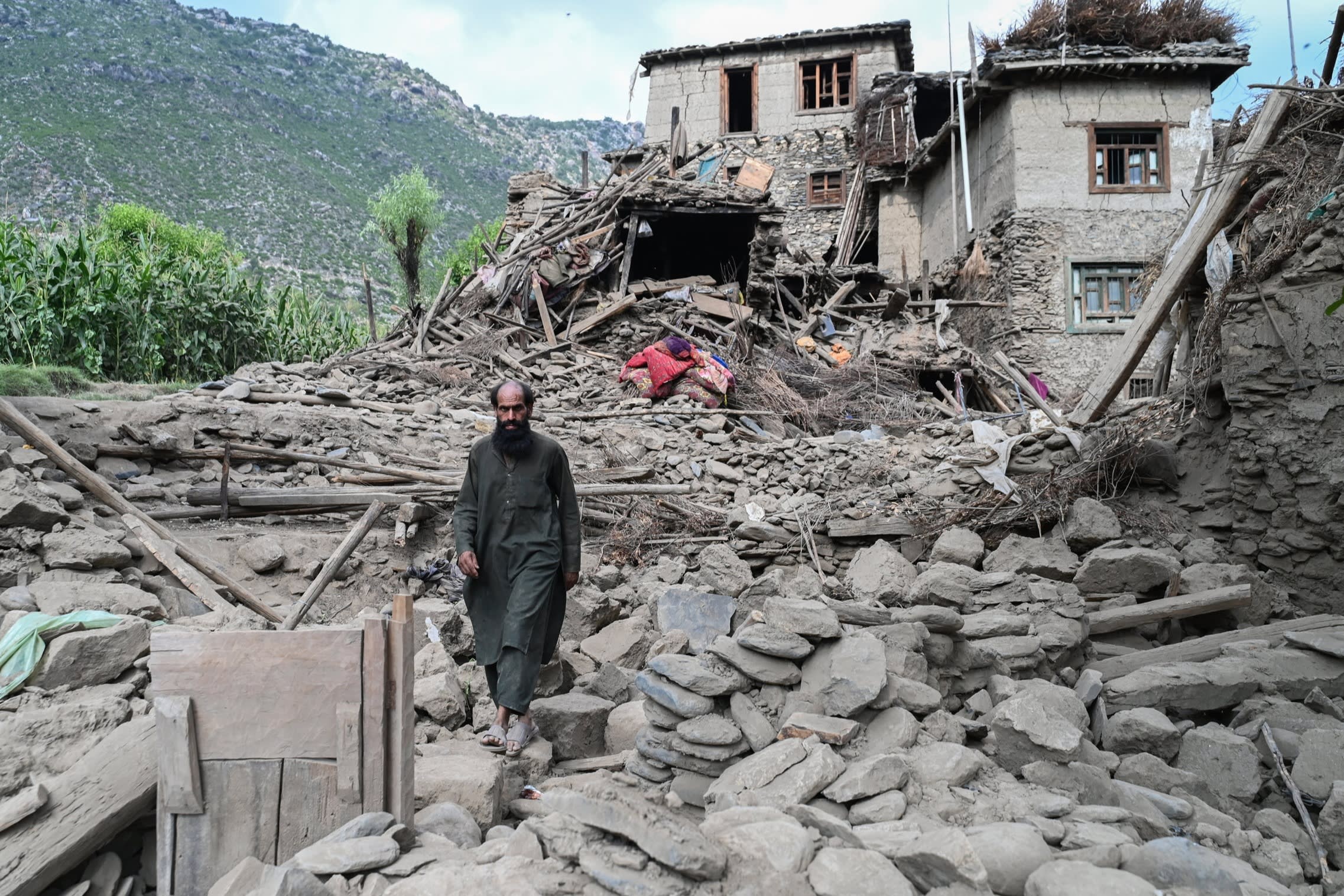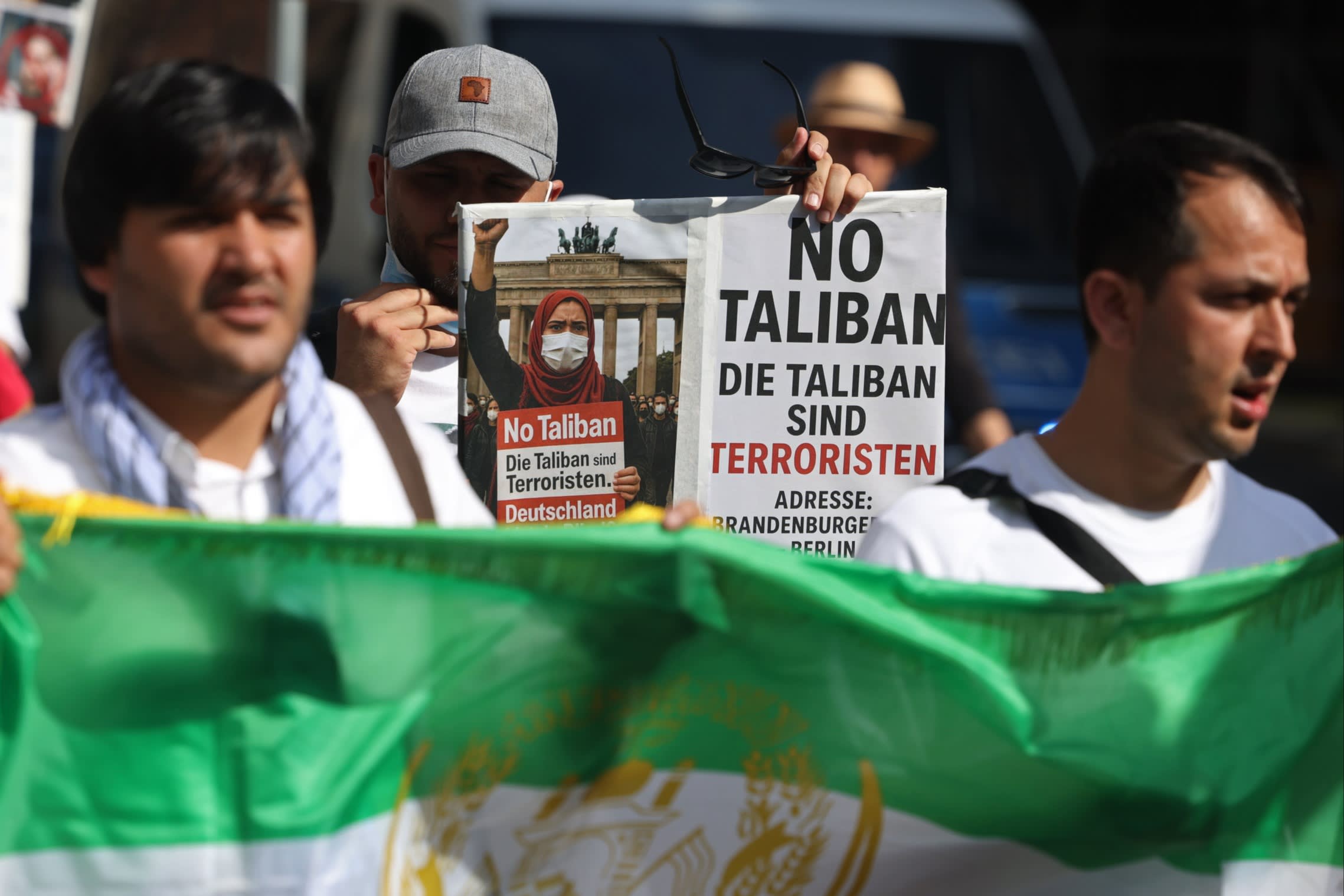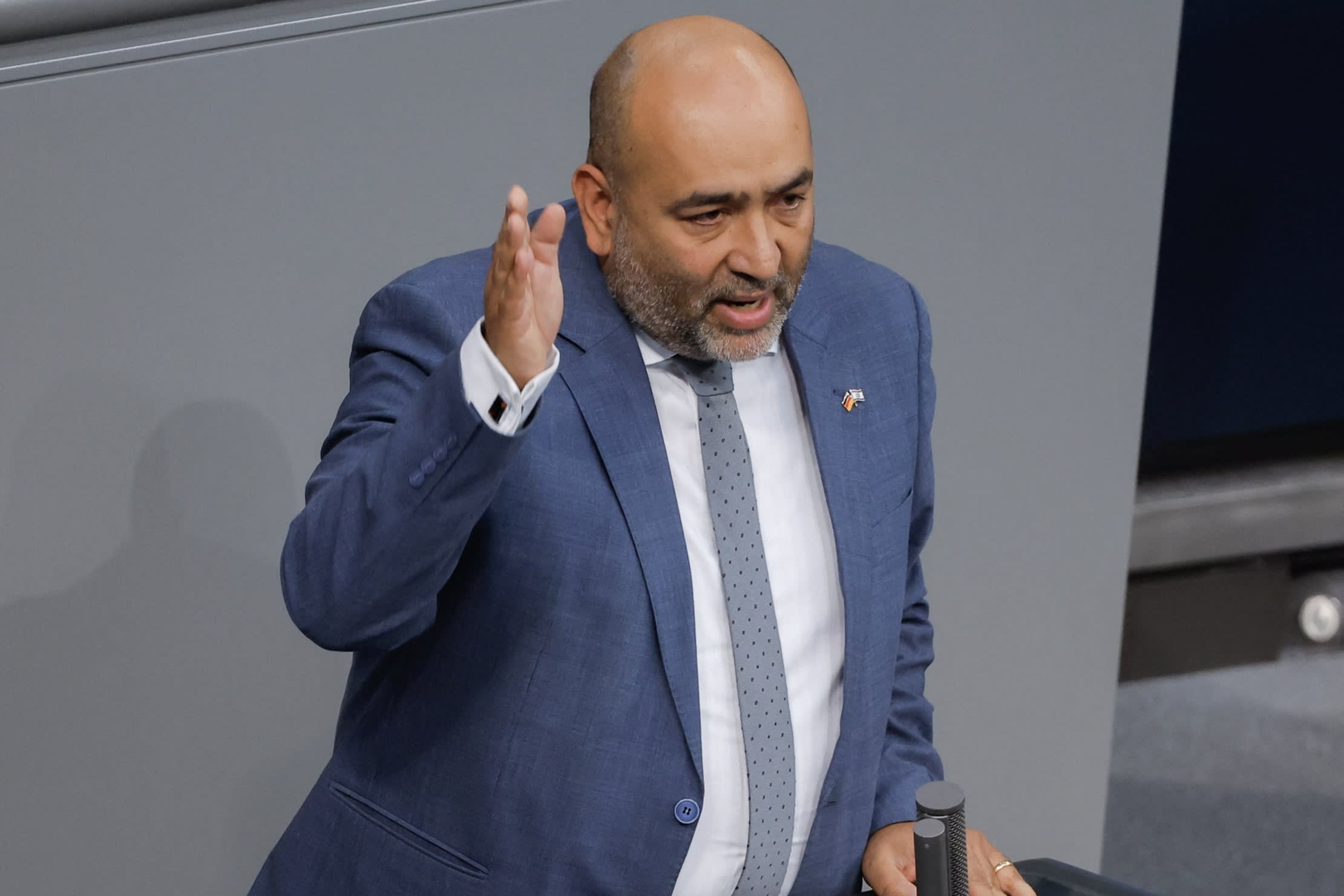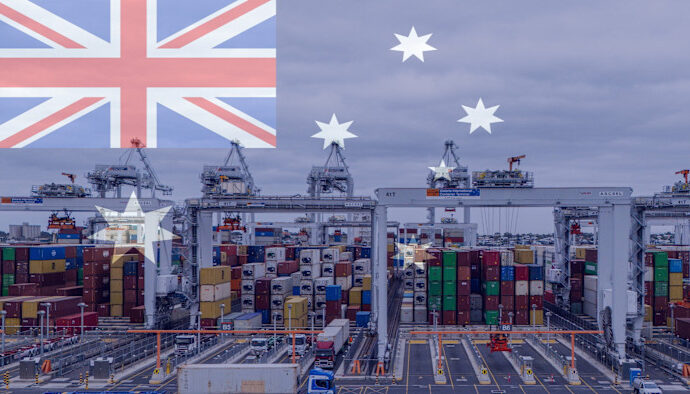European desperation to repatriate irregular migrants is proving a boon to Afghanistan’s Taliban rulers as they battle to ease their international isolation, with western governments and politicians increasingly keen to engage with Kabul.
European countries including Germany, Switzerland and Austria have this year sent delegations to Afghanistan or welcomed Taliban officials on to their territory to facilitate repatriations. In the UK, the rightwing populist Reform party currently leading opinion polls last month even proposed paying the Afghan government to take back migrants.
The moves amount to a marked shift in attitudes among European governments and politicians that previously sought to isolate the Taliban and condemned the group for its restrictions on girls’ education and treatment of minorities and political opponents.
The European shift comes as the Taliban’s fierce crackdown on the hyper-violent Afghanistan-based Islamist group Isis-Khorasan, or Isis-K, has also helped it foster ties with Russia and the US.
Ibraheem Bahiss, a Kabul-based senior analyst for the International Crisis Group, said the Taliban had been able to capitalise on the “desperation in Europe” to make deportation deals.
“The Taliban are very keen and eager to get integrated into the global political order,” Bahiss said, adding that the official contacts needed to make such deals amounted to “micro-victories that integrate them more and more into the global system”.
Suhail Shaheen, the Taliban’s envoy to Qatar and a spokesperson for international media, said the group was keen to “work out mechanisms” to support the repatriation of Afghans from Europe.
“We are ready for positive engagement as an effective way to solve issues,” Shaheen said. “Resettlement is a humanitarian issue, so we would welcome any economic support that comes with deportation.”

The Taliban, which has ruled Afghanistan since the withdrawal of US and Nato forces in 2021, is struggling to cope with multiple crises including devastating cuts to foreign aid, endemic poverty and natural disasters. Roughly 4mn Afghans have returned or been forcibly expelled from neighbouring Pakistan and Iran since 2023, according to the UN’s migration body.
Such difficulties make increased international engagement particularly welcome for the regime.
In July, the German government accredited two Taliban consular officers to work on migration issues, a move that came as the government of conservative chancellor Friedrich Merz sought to toughen policy to fend off a surge in support for the far right.

Using indirect contacts with the Taliban via Qatar, Berlin also organised a deportation flight to send convicted criminals back to Afghanistan in July and has said it plans more.
Interior minister Alexander Dobrindt said then it was no longer sustainable to rely on indirect channels and that Berlin should strike a deal with the Taliban to allow direct talks on migration.
While the German government insists increased engagement with the Taliban does not change its stance on the Islamist group, it has been strongly criticised by members of the Social Democrats, who are in coalition with Merz’s party, and opposition politicians.
Omid Nouripour, deputy speaker of the German parliament’s lower house and a former co-leader of the opposition Green party, has accused ministers of “normalising a terror regime”.

Switzerland and Austria have stepped up co-operation with the Taliban over the return of Afghan nationals, though they describe these contacts as technical and operational rather than political.
In August, Taliban representatives travelled to Geneva to help identify Afghan citizens facing deportation, a move Switzerland’s migration office said was “necessary” given the Taliban are now the sole authority issuing identity documents in the country.
Switzerland also this year reopened a humanitarian office in Kabul under the Swiss Agency for Development and Cooperation to manage aid in areas such as food security, education and support for women.
Austria has taken a similar approach. The interior ministry confirmed that officials from its Federal Office for Immigration and Asylum were in contact with Taliban authorities. Ministry representatives travelled to Afghanistan in early 2025 to discuss logistical details around removals and a Taliban delegation visited Vienna this month for meetings on the identification of Afghan nationals for potential deportation.
“Austria is closely co-operating with Germany, Switzerland and other European partners as well as with partners in the region on this matter. Our joint aim is to make it possible to return especially convicted criminals with no right to stay in Europe,” the ministry said in a statement.
People from Afghanistan accounted for 15 per cent of those using small boats to cross the English Channel to the UK in the first half of this year, according to official data, and the British government has declined to rule out a potential returns deal with the Taliban.
“We are focused on taking the action needed to return people with no right to be here,” said a spokesperson for UK Prime Minister Sir Keir Starmer. “The Home Office has already returned a small number of people to Afghanistan.”
The Taliban’s effort to escape diplomatic isolation has been aided by fears their mountainous country could again become a hub for transnational terrorism.
Russia became the first country to explicitly recognise the Islamic Emirate of Afghanistan in July — a year after militants affiliated with Isis-K killed over 100 people at a music venue in Moscow. China and Pakistan, both of which have deep concerns about separatist and Islamist militants operating in Afghanistan near their borders, have also stepped up engagement with the Taliban government and last month sent their foreign ministers for trilateral talks in Kabul.


